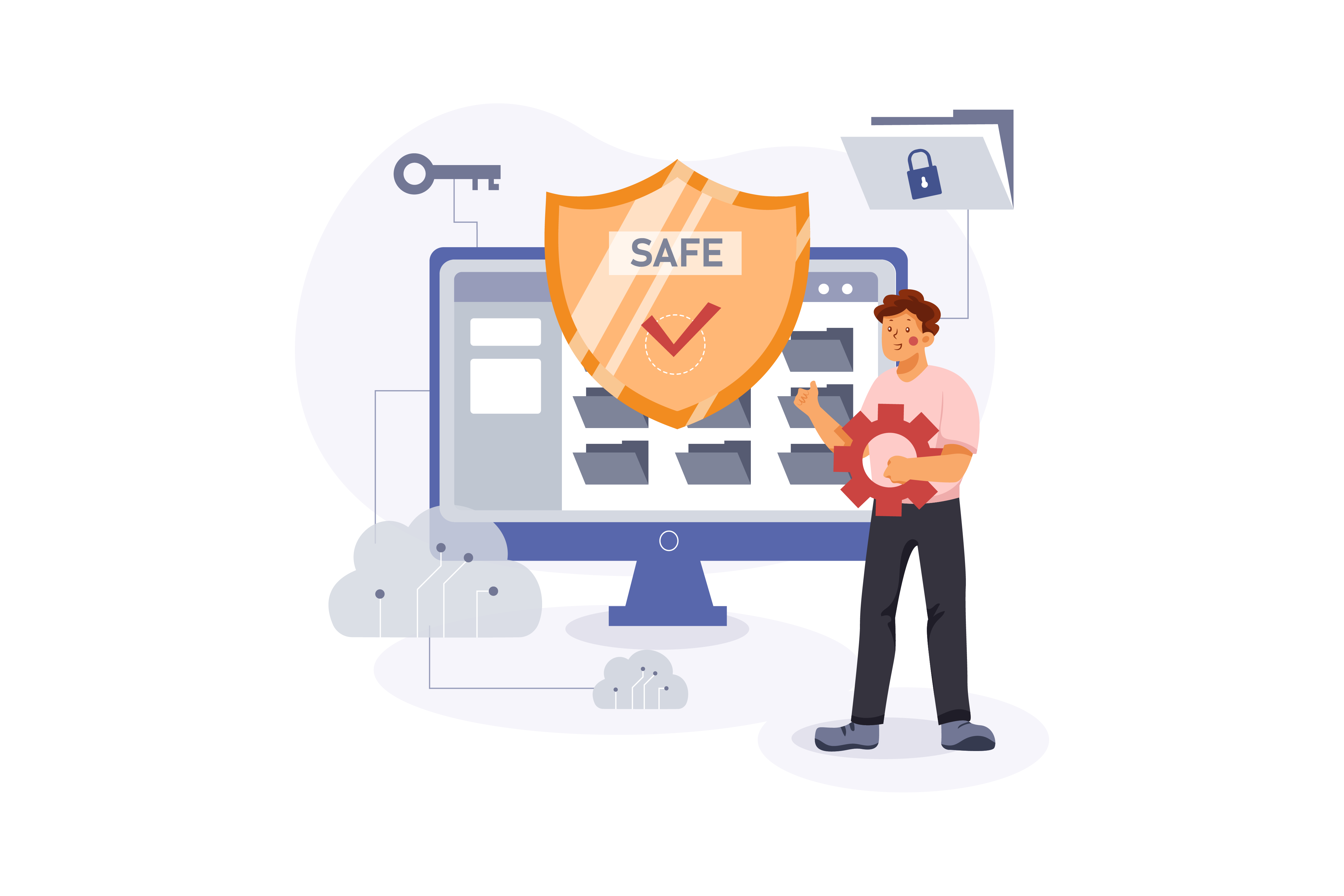Common WordPress Security Issues

Here are some common WordPress security issues include:
-
Outdated software: Running an outdated version of WordPress or its plugins can leave your site vulnerable to known security exploits.
-
Weak passwords: Using easily guessable or weak passwords for your WordPress admin account can make it easy for attackers to gain unauthorized access.
-
Unsecured hosting: Hosting your WordPress site on an unsecured server can put your site at risk of hacking, malware, and other malicious activities.
-
SQL injection: SQL injection attacks can allow an attacker to gain unauthorized access to your database and steal or manipulate data.
-
File inclusion vulnerabilities: File inclusion vulnerabilities can allow an attacker to include malicious files from a remote server and execute them on your website.
-
Cross-site scripting (XSS): XSS attacks can allow an attacker to inject malicious code into your website, which can steal user data or perform other malicious actions.
-
Brute force attacks: Brute force attacks can be used to guess the password of your admin account and gain unauthorized access to your site.
-
Malware and viruses: Malware and viruses can be used to damage or steal data from your site and can also be used to spread malware to your site visitors.
It's important to keep in mind that security threats are constantly evolving, it's important to keep your website and plugin updated, use strong password and use security plugins to protect your website.
Keeping a WordPress site secure is important for several reasons:
-
Protection of sensitive information: A secure WordPress site can protect sensitive information such as personal data, financial information, and login credentials from being stolen or compromised.
-
Protection of user data: A secure WordPress site can protect user data such as login credentials, personal information, and browsing history from being stolen or compromised.
-
Protection of your brand and reputation: A security breach can damage your brand and reputation, and lead to a loss of trust among your customers and users.
-
Compliance with regulations: Many industries are subject to compliance regulations such as HIPAA, PCI-DSS, and GDPR, and failure to secure your site can result in hefty fines.
-
Protection of your site's functionality: A security breach can disrupt your site's functionality and cause it to go offline or become inaccessible. This can lead to a loss of revenue and customers.
-
Protection of your site's integrity: A security breach can allow an attacker to alter or delete your site's content, which can damage your site's integrity and cause a loss of trust among your users.
Overall, keeping a WordPress site secure is crucial for protecting sensitive information, user data, your brand and reputation, compliance with regulations, protection of your site's functionality and integrity, and maintaining the trust of your customers and users.


